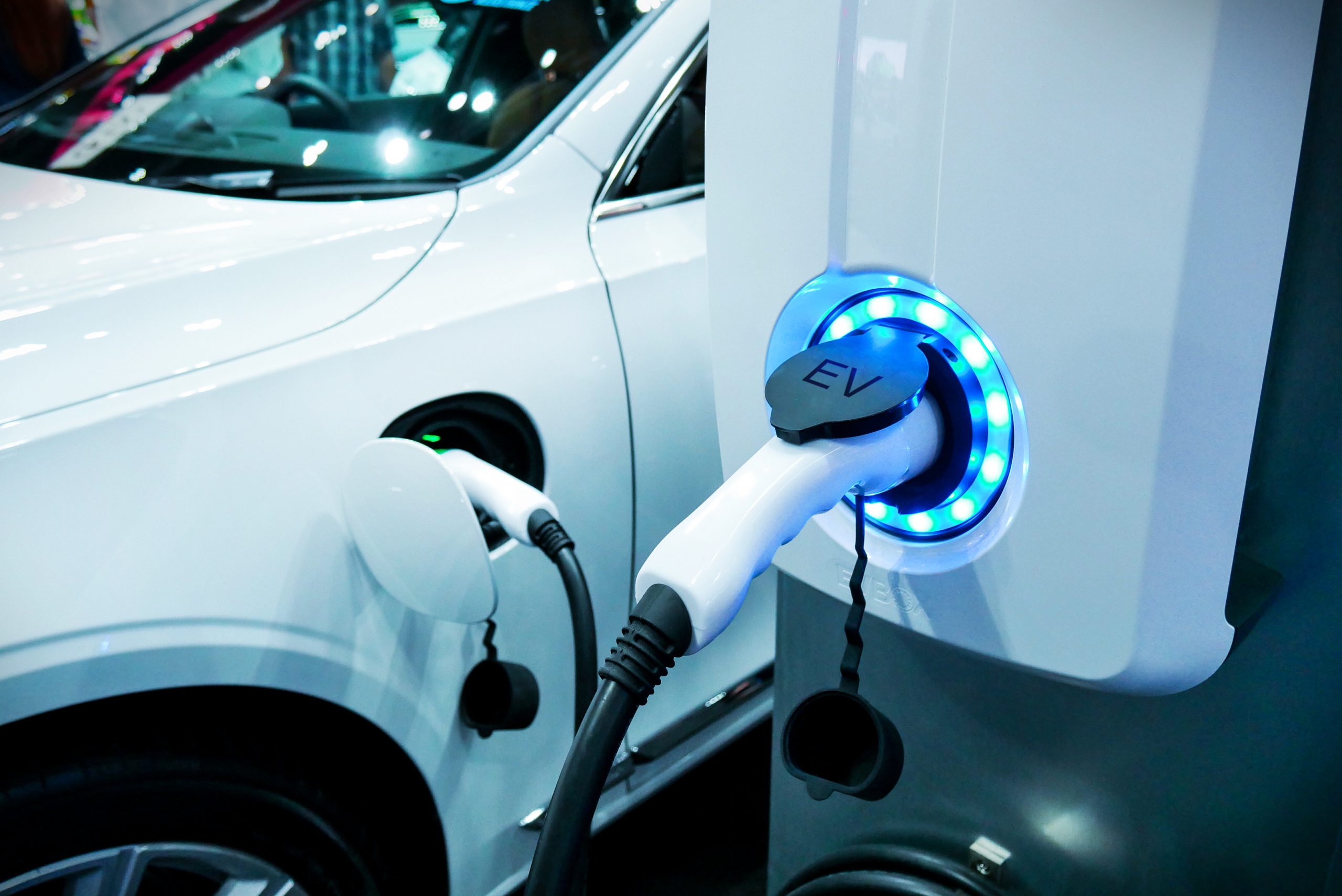Household Bills
Public electric vehicle charging costs fall for some drivers

Flat rate charging costs on the electric vehicle (EV) public network fell by 8% in January to 34p per kWh, compared to the previous month bringing the price in line with domestic driveway tariffs.
The fall in costs outpaced the decline in petrol prices at the pumps which fell by 1.7% over the same period.
According to the AA EV recharge report, while flat rate slow charging fell 8%, fast and rapid flat rates fell by 3% compared to December.
But not all tariffs have fallen in price.
After expanding its research to cover all 18 charge point providers, the AA found that providers at all speeds are now offering peak and off-peak rates on the public network. Some of these tariffs are more expensive than charging up at home.
The AA’s analysis found that peak-rate slow charging averages are 35p per kWh more expensive than domestic driveway prices.
Peak rates across all speeds exceed 70p per kWh, with fast and rapid peak rates the most expensive on the market at 75p per kWh.
EV drivers are being urged to check the provider’s definition of peak times as each provider has different rules.
Jack Cousens, head of roads policy and EV charging, said: “The slight fall in electricity prices has been reflected in the flat rate prices EV drivers pay.
“The speed in which the prices fell is encouraging and hopefully means the ‘rocket and feather’ [raise quickly, drop slowly] approach to wholesale costs experienced in petrol prices won’t be adopted by charge point operators.
“However, we believe the regulator Ofgem needs to keep a watchful eye on peak rate costs to ensure they don’t escalate to the point where it puts drivers off using them. Whilst we understand the reasons why peak rates exist, the price needs to be reasonable in relation to the speed of charge.”